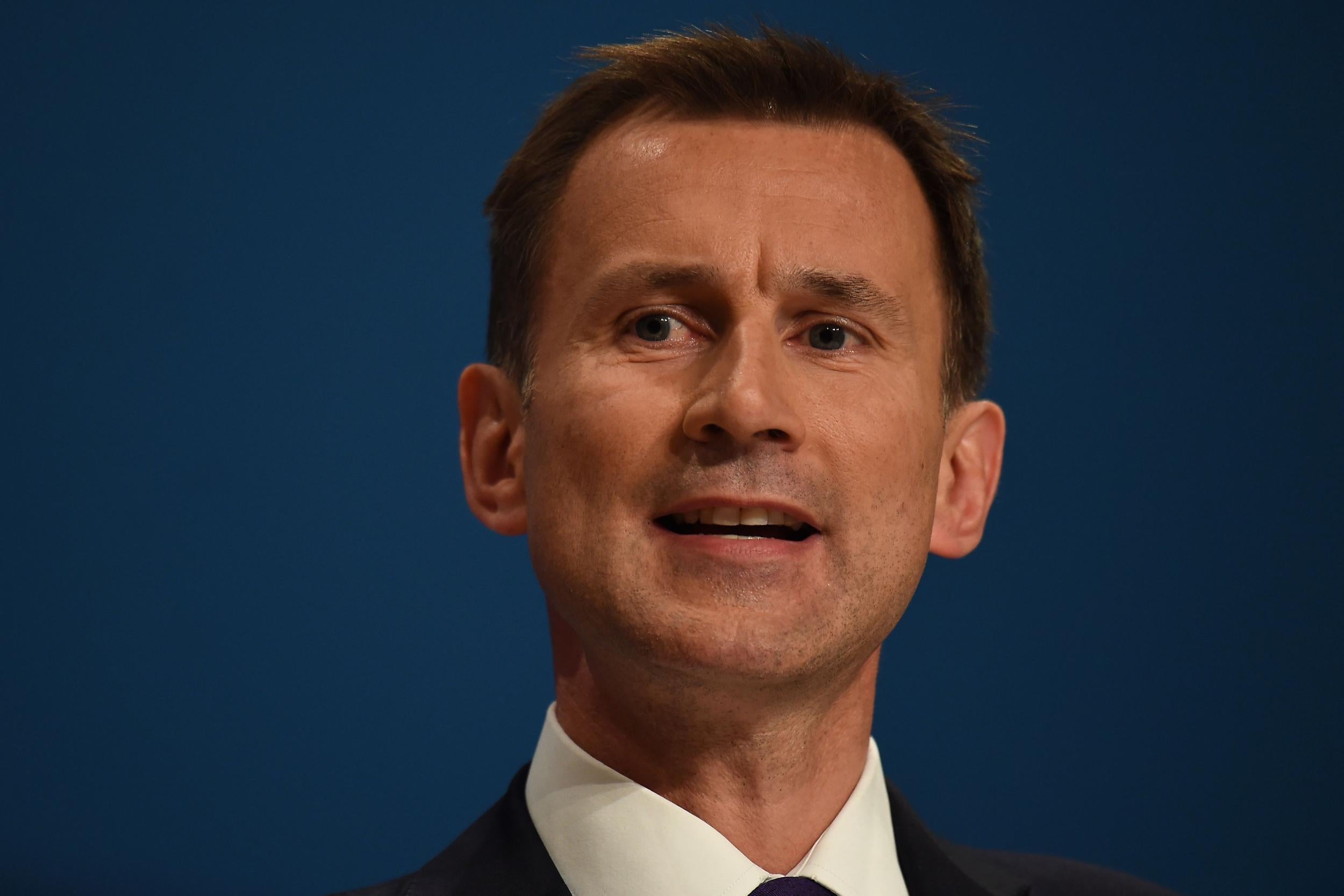The Government has been forced to compromise over junior doctors' contracts, whatever Jeremy Hunt claims
With NHS staff being placed under pressure, the junior doctor contract campaign could still metamorphose into something broader – a staff revolt against the perceived under-funding and undervaluing of the health service

Your support helps us to tell the story
From reproductive rights to climate change to Big Tech, The Independent is on the ground when the story is developing. Whether it's investigating the financials of Elon Musk's pro-Trump PAC or producing our latest documentary, 'The A Word', which shines a light on the American women fighting for reproductive rights, we know how important it is to parse out the facts from the messaging.
At such a critical moment in US history, we need reporters on the ground. Your donation allows us to keep sending journalists to speak to both sides of the story.
The Independent is trusted by Americans across the entire political spectrum. And unlike many other quality news outlets, we choose not to lock Americans out of our reporting and analysis with paywalls. We believe quality journalism should be available to everyone, paid for by those who can afford it.
Your support makes all the difference.A negotiated settlement between the British Medical Association and the Government to end the bitter junior doctor contract dispute – almost unimaginable a few weeks ago – should be enthusiastically welcomed by both sides, and more importantly, by NHS patients.
The rancour of industrial dispute has cast a pall of despair over thousands of young medics for too long. Many have already voted with their feet and left the NHS. The longer it ran on, the more diminished an already over-stretched workforce would have become, with disastrous consequences for patients.
Now there is, if not an end to the saga, some hope to cling to.
The new deal contains much that is new in terms of pay rewards for weekend working, support for junior doctors taking maternity leave, and recognition of their professionalism and concern for patient welfare. But none of it is so ingenious that it need have taken 10 months of tortuous negotiations – and five strikes – to reach this point.
Jeremy Hunt, the Health Secretary, maintains that it was the British Medical Association’s refusal to compromise on weekend pay that caused the hold-up, and its decision to yield which broke the dam. But the extent to which the contract has changed almost beyond recognition in 10 months is a tacit acknowledgement that Mr Hunt and the Government got much of this wrong.
Many of these new measures are a direct result of ministers finally listening to what junior doctors were saying. If they had done that from the outset, rather than ploughing ahead, and portraying the workforce as the barrier to progress, then this dispute need never have happened.
While it is certainly progress, the new contract will still be a hard-sell among the rank and file of junior doctors in England, who must now lend it their support. Quite simply, they don’t trust the Government anymore. Support for the settlement from the union’s popular junior doctor figurehead Johann Malawana should see it safely into harbour, but a close-run vote is likely.
Whatever happens, the Government has created a headache for themselves. Until this dispute, junior doctors were not a very political bunch. Galvanised into action by the contract dispute, many who would previously have been exasperated by staff shortages on their ward or by the management of their hospitals, but felt powerless to do anything about it, now realise their strength to change things.
With NHS staff being placed under greater and greater pressure, without the healthy injection of cash and staff required to cope with an ageing and growing population, the junior doctor contract campaign could metamorphose into something broader – a staff revolt against the perceived under-funding and undervaluing of the health service.
The Government showed their cards when Mr Hunt hailed this contract settlement as one that could cut the cost of employing doctors at the weekend by a third. They say it is about safety, but really it is about saving money. The nurses or the midwives will likely be next in line for similar contract reform. Expect more resistance to come.
With the hospital sector billions of pounds in debt, waiting times standards in free-fall, and staff shortages endemic, the biggest mistake the Government could make now is to assume the NHS will be long be out of the headlines, even as the drama of the junior doctor strikes recedes into the history books.
Join our commenting forum
Join thought-provoking conversations, follow other Independent readers and see their replies
Comments